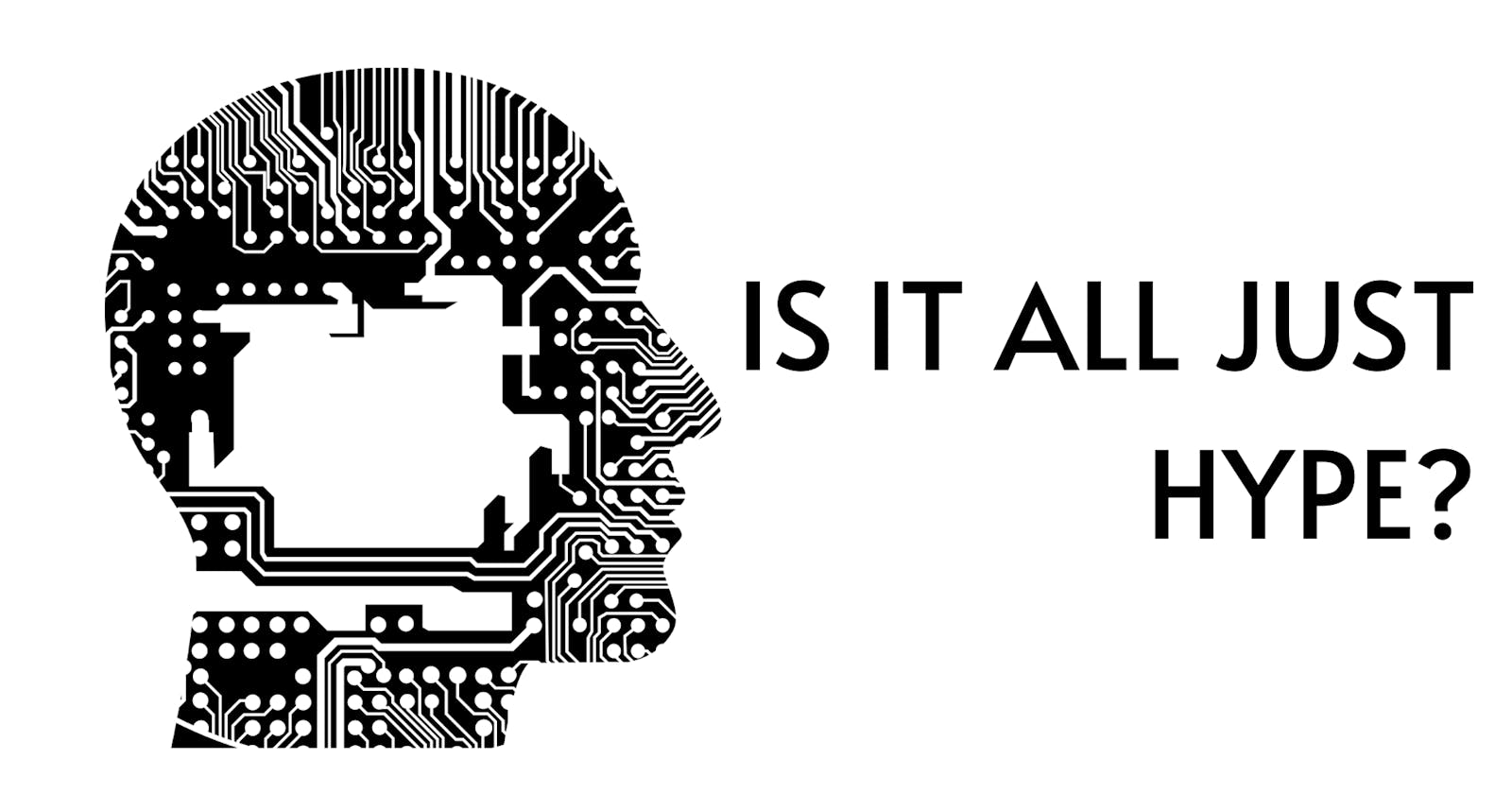Introduction
Artificial Intelligence, a sophisticated term used by tech geeks, describes complex mathematical models that power cutting-edge technologies.
Science Fiction has been a popular medium for exploring technology and its impact on society. However, In the case of Artificial intelligence, the genre has exaggerated the capabilities of machines to the point where they become aware of their consciousness and capable of controlling humans. Avengers: Age of Ultron falls into this category, when I watched it for the first time my mind couldn't comprehend such an idea of Ultron becoming aware of itself within a matter of minutes. I believed that this kinda Artificial Intelligence will come to fruition within a few years until I learned about the current state of AI technology. In this blog, we'll delve into the limitation, capabilities and applications of ArtificaI Intelligence in detail.
Everyday AI: How Artificial Intelligence is impacting our daily lives
Artificial Intelligence(AI) has become increasingly important in our day-to-day life from Voice assistants like Alexa, and Siri to personalized recommendations on streaming services like Netflix, Amazon Prime and Spotify.
Ai is being used in various fields including:
Transportation
Self-driving cars provide an ideal demonstration of AI in transportation as they employ reinforcement learning algorithms and computer vision techniques to enable autonomous driving.
Social Media
Social media like Facebook, Instagram and youtube uses AI algorithms to recommend content to a user based on their interests and behavior. These algorithms analyze user data like browsing history, search queries and location to personalize their news feed.
Marketing
AI algorithms are used to analyze customer behavior enabling targeted campaigns to increase customer engagement. Another application of Ai in the marketing sector is AI-powered chatbots, they provide instant support and answers to customers' queries increasing customer satisfaction and reducing time.
Personal Assistants
Personal Assistants like Amazon's Alexa, Microsoft's Cortana, Google Assistant and Apple's Siri use Natural Language Processing(NLP) algorithms to understand user commands, play music, sending text messages and providing information on various topics.
Entertainment
Ai is being used entertainment sector for Computer Generated Imagery(CGI) for movies and games. Streaming services like Netflix use a recommendation system for providing personalized content.
Unpacking the AI Hype: Examining grand claims and Misconceptions
The hype around Ai has grown exponentially high since the advent of generative AIs like OpenAI's ChatGPT-3, DALL-E AI and Google's Bard. People started fearing that automation would render their jobs obsolete, leaving them with no employment opportunities in the future. While automation may displace some jobs, It is expected to create new jobs and opportunities through AI development.
Another area of misconception is AI surpassing human intelligence This idea has been derived from pop culture and science fiction. The notion of AI surpassing human intelligence is a distant prospect and would require a profound understanding of how the brain. AI excels in certain areas such as data analysis and pattern recognition but it lacks creativity, intuition and logical thinking. Moreover, their decision-making skills are limited to the data they are trained on.
Instead of seeing Ai as a threat to humanity, we should embrace it as a tool to enhance our decision-making skills and improve our productivity.
The future of Ai is not about replacing humans but rather creating a symbiotic relationship between humans and machines. As we continue to develop this technology, it is up to us to decide how we use it, while ensuring the ethical and moral values align with its implementation.
What Lies Ahead: The Future of AI
The future of AI is abundant with possibilities. As technology continues to evolve, we can expect AI to play a significant role in our lives. Here are some potential developments we mays see in the future:
Advancement of Deep Learning
Deep learning is a subset of Machine learning, with the advancement of AI we can expect some advanced deep learning models to solve more complex problems.
Increased Automation
AI-powered industries are already revolutionizing the industries and manufacturing sector. In the future, we can expect to see even more AI systems as they can perform a wide range of tasks.
Improved Healthcare
AI can revolutionize healthcare by improving diagnosis, treatment and patient outcomes. In the future, we can expect AI-powered healthcare technologies.
Improved Natural Language Processing
Natural Language Processing is a subset of Machine learning which deals with speech and text recognition. As NLP technology improves, we can expect to see more advanced virtual assistants, chatbots and AI-powered tools that can easily communicate with humans.
Personalization in Education
With AI-powered learning systems, students can perceive a personalized education experience. As AI technologies progress, we can expect a system that can identify students' strengths and weaknesses and customize learning for an individual's needs.
Conclusion
In conclusion, AI has become an integral part of our daily lives impacting various fields. While there are still limitations on what AI can achieve, Its capabilities have revolutionized the way we live, work and interact with the world.
